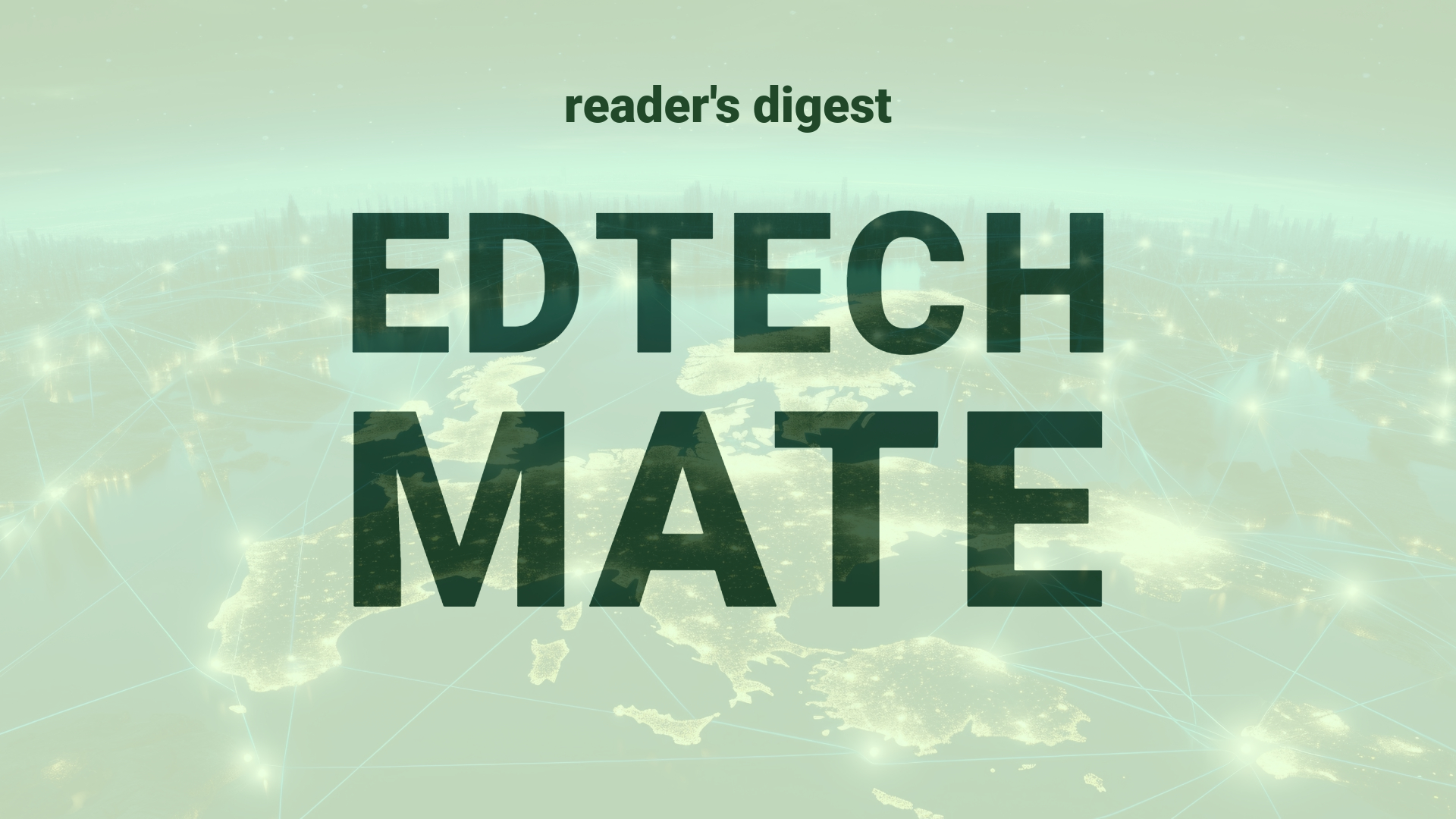Executive Summary and Main Points
Apple Inc., during its Worldwide Developers Conference, announced that the release of its cutting-edge “Apple Intelligence” AI product and other features will be deferred in the European Union (EU) due to compliance issues with the EU Digital Markets Act (DMA). The DMA, passed in 2023 to challenge the dominant position of major tech companies, enforces interoperability, impacting several of Apple’s new offerings including iPhone Mirroring and SharePlay enhancements. The delay also applies to Greater China, significantly impacting Apple’s market in these regions despite a global anticipation for the AI-enhanced functionalities such as proofreading, message searching, transcribing phone calls, and the introduction of “Genmoji”. This development includes Apple’s strategic partnership with OpenAI, setting a foundation for integrating additional AI models.
Potential Impact in the Education Sector
The postponement of Apple’s AI services in the EU may affect Further Education, Higher Education, and Micro-credential programs that anticipated leveraging Apple’s AI advancements. Institutions seeking to modernize through digital tools may face setbacks without these enhancements. Conversely, strategic partnerships, like that between Apple and OpenAI, showcase an emergent trend of collaboration in edtech, underscoring the potential for interoperable and cross-platform educational technologies. The push for interoperability in the EU might also encourage an educational ecosystem that is more inclusive and competitive, benefiting from a broader range of digital tools and services.
Potential Applicability in the Education Sector
With spillover effects likely, Apple’s AI advancements present various innovative applications for global education systems, such as automated proofreading for academic papers and AI-assisted research. Accessibility features could transform learning experiences for users with disabilities. Furthermore, AI-based summarization and transcription could enhance study efficiency and enable alternative means of content consumption for learners with diverse preferences. However, the necessity to align with the DMA indicates a crucial need for compliance with regional digital policies when implementing such technologies.
Criticism and Potential Shortfalls
Critiques of Apple’s delay may point to a reluctancy in adapting to pro-competitive regulations like the DMA. Unavailability in key markets raises concerns over the equitable access to technological advancements. Ethical implications such as data privacy, security, and potential misuse of AI also warrant scrutiny. Comparative case studies from international locales, where digital transformations have successfully integrated with local regulations, might inform strategies to mitigate these challenges. The recurring debate over the balance between innovation and regulation is thus exemplified in Apple’s situation.
Actionable Recommendations
Leveraging Apple’s circumstances, educational leaders should consider nurturing strategic edtech partnerships that are robust to regulatory changes. Emphasizing the localization of digital solutions to meet specific regional requirements can fortify implementation strategies. Furthermore, active engagement with policy developments will be crucial for timely adaptation to new regulations. Lastly, higher education institutions might explore diverse technological ecosystems to avoid over-reliance on a single provider, thus ensuring a continuity of digital services in face of market shifts.
Source article: https://www.cnbc.com/2024/06/21/apple-ai-europe-dma-macos.html

